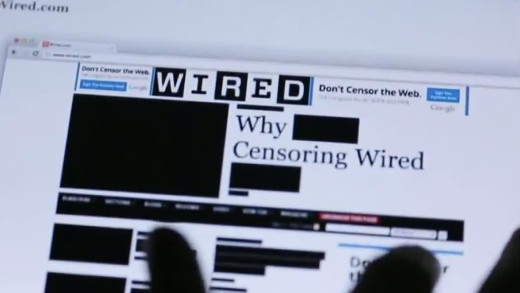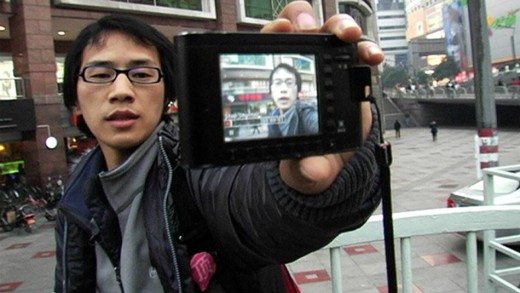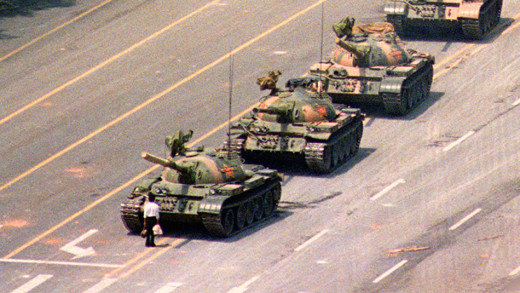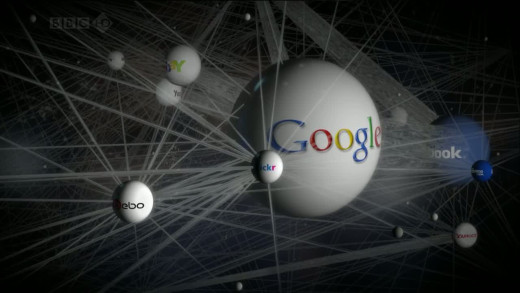In January 2012, two controversial pieces of legislation were making their way through the United States Congress. SOPA, the "Stop Online Piracy Act", and PIPA, the "Protect Intellectual Property Act", were meant to 'crack down' on the illegal sharing of digital media. The laws were drafted on request of the 'content industry' -- Hollywood studios and major record labels. But websites reacted against the government to speak out against SOPA, and the bill was effectively killed off after the largest online 'protest' in history. But it was only one win in a long battle between authorities and online users over Internet regulation. SOPA and PIPA were just the latest in a long line of 'anti-piracy' legislation that governments have been pressing since the 1990s. Can and should the internet be controlled? Who gets that power? How far will the United States government go to control the Internet?
High Tech, Low Life follows the journey of two Chinese bloggers who travel their country chronicling undner-reported news and social issues stories. Using laptops, mobile phones, and digital cameras, both develop skills for reporting while learning to navigate China's continually evolving censorship regime and the risks of political persecution. The film follows 57-year-old 'Tiger Temple,' who earns the title of China's first "citizen reporter" after he impulsively documents an unfolding murder; and 27-year-old 'Zola' who recognises the opportunity to be famous by reporting on sensitive news throughout China. From the perspective of vastly different generations, both personalities must reconcile an evolving sense of individualism, social responsibility and personal sacrifice. The juxtaposition of Zola's coming-of-age journey from veggie-farmer to Internet celebrity; and Tiger Temple's commitment to understanding China's tumultuous past, both provide a portrait of China and of the wider questions facing news-reporting in the age of the Internet.
5th June 1989, Tiananmen Square, Beijing. After weeks of mass killing, oppression and violence by the Chinese government against it's own people, the image of a lone man standing defiant with his shopping to a line of tanks still lives on...
20 years on from the invention of the World Wide Web, The Virtual Revolution explores how the Internet is reshaping almost every aspect of our lives. But what is really going on behind this reshaping? The inventor of the Web, Tim Berners-Lee, believed his invention would remain an open frontier that nobody could own, and that it would take power from the few and give it to the many. So how do these utopian claims stand up to today?
With its motto "Don't be evil," Google claims it has the best intentions. But there are also claims that Google is slowly turning into Big Brother, keeping track of users and continuously making decisions about the information it provides. Will Google turn out to be the new Library of Alexandria, serving as the great collector that brings the world's information to supposedly everyone, as it claims? Or is it more like a monopolistic, Ministry-Of-Truth-type corporation that challenges the very freedom of information by its stronghold over internet data?




